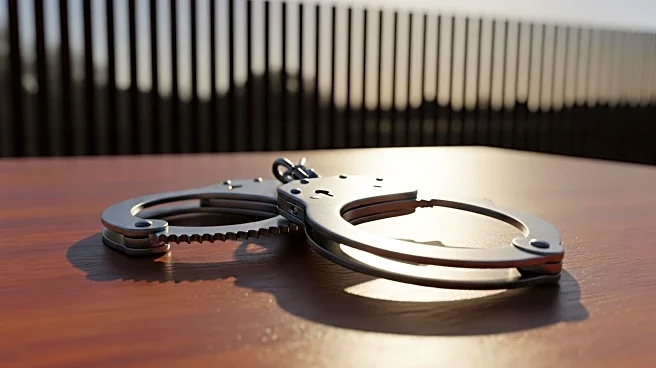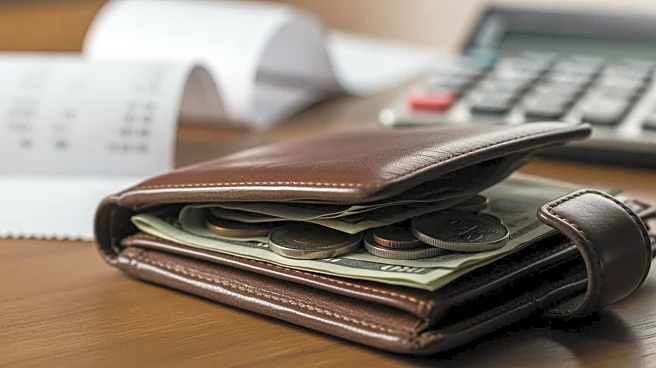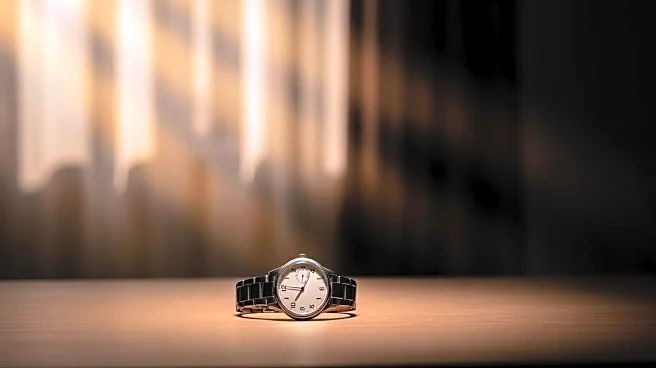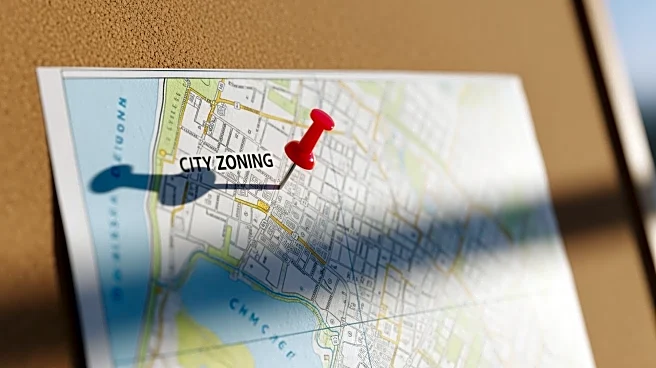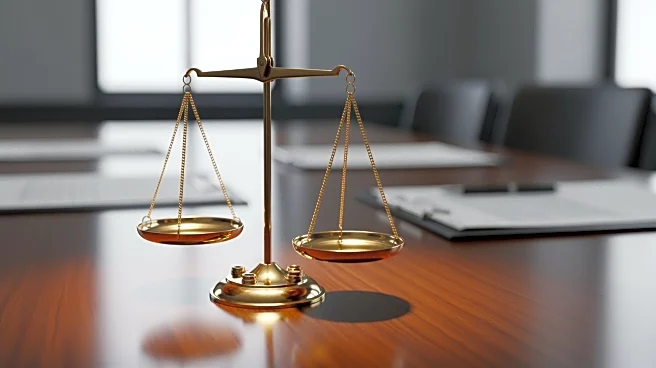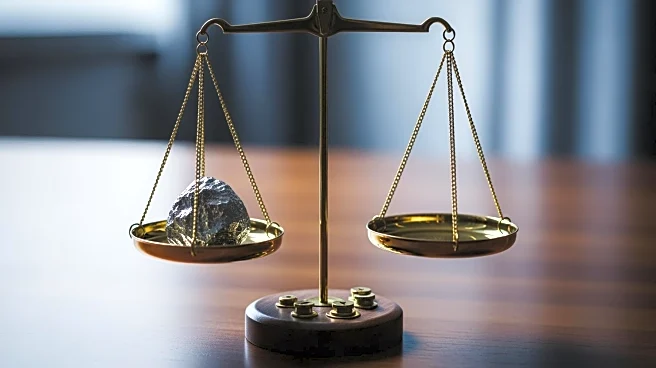What is the story about?
What's Happening?
Debbie Brockman, a producer for WGN-TV in Chicago, was arrested by U.S. Customs and Border Protection (CBP) agents on Friday. The Department of Homeland Security (DHS) stated that Brockman was arrested for assaulting a federal law enforcement officer. However, no charges were filed against her. The arrest has sparked legal concerns, as it may violate a temporary restraining order issued by a federal judge in Chicago. This order prohibits DHS officers from arresting journalists unless there is probable cause of a crime. Brockman's arrest occurred during immigration enforcement operations in Chicago, which have led to protests across the city.
Why It's Important?
The arrest of Brockman highlights ongoing tensions between federal immigration enforcement and local communities. The Trump administration's aggressive deportation policies have led to increased scrutiny and legal challenges. The temporary restraining order aims to protect journalists and protesters from excessive force, reflecting broader concerns about civil liberties. The incident underscores the challenges faced by law enforcement in balancing immigration enforcement with respecting constitutional rights. It also raises questions about the impact of such operations on community relations and public trust in law enforcement.
What's Next?
Brockman has been released from custody, and no charges have been filed against her. The incident may lead to further legal scrutiny of federal immigration enforcement practices in Chicago. Community leaders and civil rights organizations are likely to continue monitoring the situation and advocating for the protection of journalists and protesters. The temporary restraining order remains in effect, potentially influencing future enforcement actions. The broader implications for immigration policy and civil liberties may prompt discussions among policymakers and legal experts.
Beyond the Headlines
The arrest of Brockman may have deeper implications for press freedom and the role of journalists in covering controversial government actions. The incident highlights the potential risks faced by journalists in the field, particularly when reporting on sensitive issues like immigration enforcement. It also raises ethical questions about the treatment of journalists and the importance of safeguarding their rights in a democratic society. The situation may contribute to ongoing debates about the balance between national security and civil liberties.
